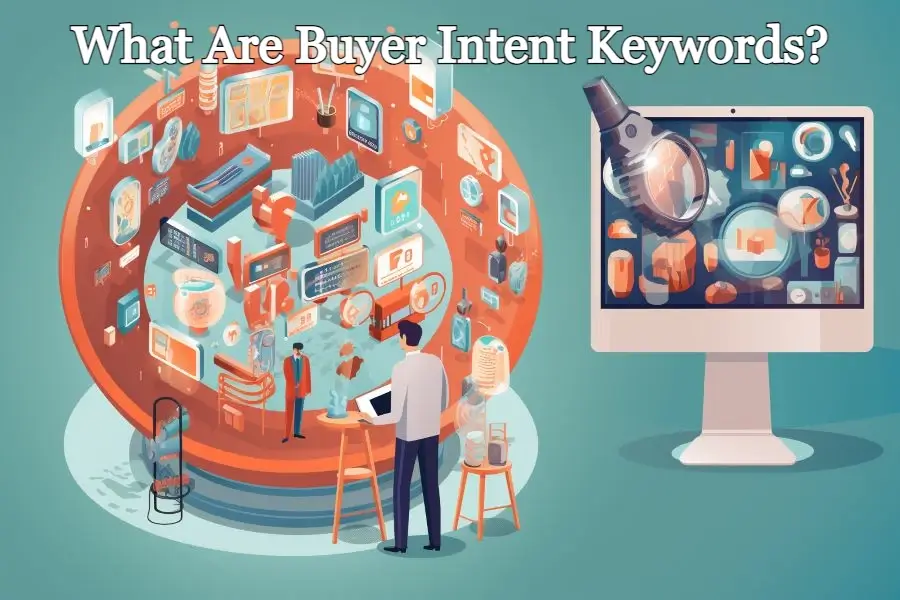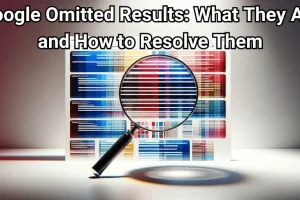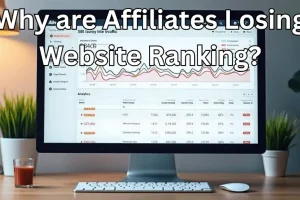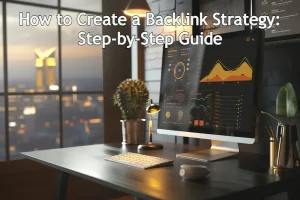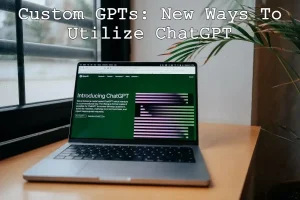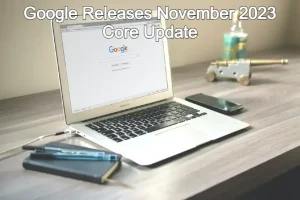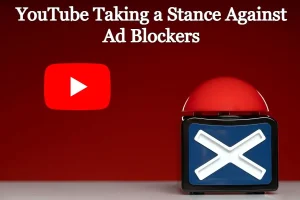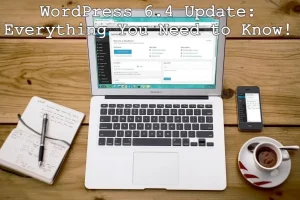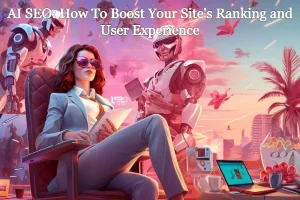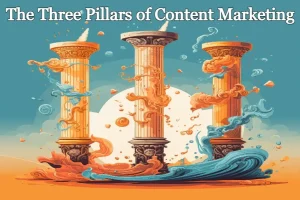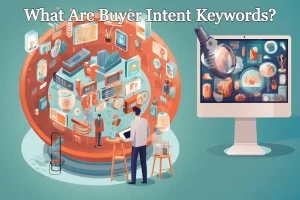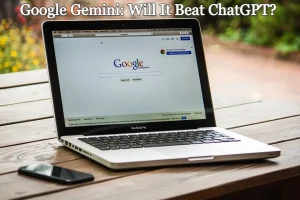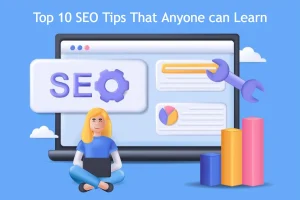Buyer intent keywords constitute a significant element of your search engine optimization campaign. I won’t say they’re everything, but they’re pretty important. In today’s post, I teach you how to recognize and utilize these terms to rank for your most relevant keywords.
Highlights Summary
- Buyer intent keywords are phrases and terms people use when seeking to purchase a product or service.
- While using buyer inter keywords, be intentional with the keywords to achieve excellent results.
- Consumers use commercial keywords when finding solutions to their problems and are now weighing options.
- Transactional keywords indicate higher chances of users buying or converting.
What Are Buyer Intent Keywords?
Buyer intent keywords are phrases and terms people use when seeking to purchase a product or service. They’re often specific. Buyer intent keywords examples include “Best electric cars for teenagers” and “Professional link building services.”
Ideally, you can use these keywords to find prospects actively looking for your products or services. They have high commercial intent, meaning they’re more likely to convert than other search terms.
Understanding buyer keywords begins with knowing the buyer’s journey. Customers’ journey begins when they realize they have a problem, research possible solutions, and decide. The process has the following stages:
- Awareness stage: A consumer knows they have a problem and are searching for high-level solutions.
- Consideration stage: A customer weighs different options for solving their problem.
- Decision stage: After considering their options, the customer decides to purchase.
Search queries can be classified as low or high transactional intent depending on the user’s location in the customer journey. See below:
Low Intent Keywords
These keywords show that the consumer will likely be in the awareness stage and include words such as ‘how’, ‘what’, and ‘why’. They’re looking for more information on solutions to their problem on brands, services, or products. You can use low-intent keywords to drive traffic to your site, which could lead to valuable conversions. An example of keyword phrases is RPG video games 2023, laptop computers, or car repair.
High Intent Keywords
High-intent keywords have commercial or transactional intent that indicates a desire to buy. Those with this intent will require a bit of convincing before clicking the “buy” button.
These keywords are vital for conversions. You can reap great results from high-intent keywords by targeting past customers who have already bought from you. Alternatively, you can target users who have returned to your website repeatedly.
Four Types of Buyer Intent Keywords
Proper targeting of your customers requires you to understand the phrases they use. You need to be intentional with the keywords to achieve excellent results.
Ensure you understand your buyers better and offer them with what they’re looking for. The following types of buyer intent keywords will help you in your SEO planning.
Informational Keywords
These are search phrases that start with “how,” “tips,” “where,” “why,” “best,” “ideas,” “guide,” etc. Customers use these terms to search for information about a topic, service, or product.
Usually, informational keywords have lower buyer intent. The users are not looking to buy. They’re researching solutions to their problems.
Navigational Keywords
Users use these keywords when searching for a particular website or page. During this stage, the consumers will use phrases that include a specific product, service, location, or brand name to get the site they want.
In other words, the users already know the existence of the company or the product. Examples of navigational keywords include YouTube, “Where is Maldives Island located?” etc.
Commercial Keywords
Consumers use commercial keywords when finding solutions to their problems and are now weighing options. They’re conducting comparative research to get an answer with specific features they want.
They may look for reviews and discounts or compare product features during their research. Commercial keywords show a person is willing to buy or take a valuable action in the future. Reaching high-quality prospects is more accessible with these phrases. Examples of these keywords include cheapest laptops, best marketing tools, and so on.
Transactional Keywords
The keywords indicate higher chances of users buying or converting. The customer is aware of what they want and is ready to purchase.
Users seek information about the brand, location, and prices. You can use transactional keywords on your highly optimized pages, landing pages, or paid ads.
How to Identify Buyer Intent Keywords
Consider incorporating buyer keywords with low competition and excellent search volume in your marketing strategy. Finding high-intent keywords can, however, be daunting, but worry not. Below, I’ll discuss some of the best methods to help you identify the right buyer intent keywords for your business.
Identify Your Ideal Customers Needs
Determining buyer keywords with high intent will require understanding your customers’ needs. I recommend roleplaying as a prospect who doesn’t know about your brand. What questions would you have? How would you conduct your research to get solutions for your needs? These two questions will give you a good foundation for your keyword research.
Research Your Existing Customer Base
Analyze the keywords your existing customers use when searching for solutions to their problems. Look at how they talk about their needs and the questions they ask. Also, check the phrases they use on search engines like Google about your site.
The above information will help you identify the common pain points across customer segments. Additionally, you’ll gain insights into who is searching for specific products so you can tailor your content based on keywords.
Use Google Search
Conduct a Google search to get the buyer intent keywords relevant to your brand, product, or service. Usually, keywords with high intent have various ads on top of the SERP–search engine results page.
You can get keyword ideas in the “People also ask” section. You’ll find valuable informational keywords to use on your site.
Use a Keyword Research Tool
You can discover keywords with a high search volume using tools like Ahrefs, Google AdWords, SEMrush, and Google Keyword Planner. The tools make your work faster and give you valuable insights.
The Google keyword tool lets you see the top keywords people use. You can also see what websites rank for those keywords, which gives you some insight into how competitive they might be.
Maximize Keyword Intent Filter
You can use the Keyword Intent Filter to get buyer keywords. Most keyword research tools have this filter. Ensure you choose keywords that are likely to capture your audience’s attention.
AB/testing Your Buyer Intent Keywords
Before you decide which buyer intent keywords to use, you need to test them. The main goal of A/B testing is to find out which version of a page converts better. You create two versions of a web page and then show users one version or the other. The version that performs better gets used on your site permanently.
Paid or Organic Buyer Intent Keywords?
60% of people use the internet to shop or learn about products and services online. So, you need to generate traffic to your site to appeal to this population. You can do this in two ways: Paid or organic advertising. Let me explain in depth what this means below:
Paid Search Results
Paid search results allow you to pay search engines to rank your ads at the top of relevant search engine results pages. The main goal of these results is to drive more traffic to your website.
The most common type of paid search is Pay-Per-Click (PPC) advertising. Factors like keywords, quality of the landing page, and ad extensions determine your ad placement on Google SERPs.
Organic Search Results
Organic search is a natural process that uses various digital marketing strategies to ensure your result shows on the first page of Google. These techniques include keyword research, links, domain authority, and user query relevance.
Organic search ensures excellent user experience on your site and landing pages. Users can get relevant answers to what they are searching for.
Areas Where To Best Use Buyer Intent Keywords
You can use buyer intent keywords in the following areas:
E-commerce
E-commerce businesses can benefit from buyer intent keywords as they serve millions of buyers. They need a personalized approach for each customer to meet their expectations.
I recommend you track the intent of potential buyers for the best results. You’ll identify the leads that are likely to purchase and focus on them. This saves you time and money and allows you to prioritize valuable prospects.
Affiliation (Lead Generation)
Affiliation is a great way to drive sales and increase customer loyalty. By using the right affiliate keywords, such as, “best sportsbook bonuses” you can tap into an existing customer base and move them towards making a purchase. Affiliates typically have higher conversion rates than non-affiliates because they know and trust your brand.
A good example is Amazon’s Associates program. It allows anyone to sign up to become an affiliate and earn commissions on products they refer to Amazon.com.
Landing Pages
Landing pages are designed to convert visitors into customers. They typically contain information about products or services, contact information, and an order form.
Landing pages must be highly relevant to the search query that brought visitors to your site. You should use buyer intent keywords to target the searcher’s intent more precisely and increase conversions.
Email Marketing Campaigns
Buyer intent keywords are great for email marketing campaigns. They provide a way to target your audience and eliminate unwanted email traffic.
You can use buyer intent keywords in subject lines, body copy, and headlines. They help you get more targeted clicks on your links and increase your conversion rates.
Is it Worth Investing in Buyer Intent Keywords?
I think the takeaway here is yes. Buyer intent keywords are worth the time and money you put into them. Not only is your website more likely to appear in relevant search results, but it also gives potential customers an idea of what you had in mind when designing your product or service. It clarifies the buyer’s and web searcher’s intent, resulting in better communication between the parties.
Hire professionals to help you identify the best keyword for your business. Pugu Digital is an expert in content marketing, web and software development, and branding. Contact us today.


